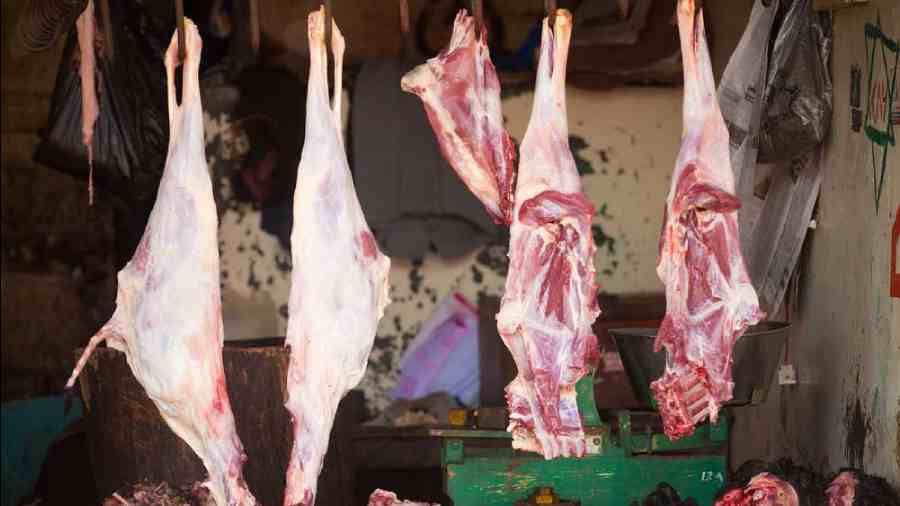India’s food traditions perhaps bear the most robust evidence of its diversity. This is especially heartening given the orchestrated attempt by the State to curtail choices in the name of religion or a faux nationalism. Lynching of minorities — Muslims and Dalits — often on specious suspicions of consuming beef, is not unheard of, even though the Bharatiya Janata Party, whose supporters are the architects of this witch-hunt, has had no problem in ruling parts of India — Goa and the northeastern states — that have a long tradition of consuming flesh. What makes this incursion into personal choice even more objectionable is that the majority of Indians are meat-eaters. Data from the National Family Health Survey 5 suggest that a staggering 83.4 per cent of men and 70.6 per cent of women aged 15-49 years eat non-vegetarian food.
What, however, is often ignored is that a higher percentage of men eat meat than that of women. The figures from NHFS-4 also confirm this anomaly: 78.4 per cent of men and 70 per cent of women were meat-eaters then. This discrepancy can be explained by two principal factors. First, access to public spaces that facilitate such consumption — restaurants, eateries and so on — is greater for men than for women. Second — this is revealing — women’s agency in food is compromised within private spheres, such as the family. Indian women are often subjected to archaic rituals that make it difficult for them to have the kind of food they like even though, ironically, the responsibility of cooking rests typically with women. Surveys have also revealed protein deficiency in India and it will not be surprising to find if the majority of the sufferers are women. Given the relevant health challenges and the burden of undernutrition, measures to facilitate the consumption of nutritious food, including a balanced intake of meat, must be emphasised in campaigns that must target women specifically.










